Silence. The sound of the sea is a metronome of time passing. Slowly.
In the shade, take off your sunglasses. It is time for some time to yourself and a book can be a pleasant companion. Paper or digital, the journey can begin again and again.
Here are five books we recommend you read this summer.
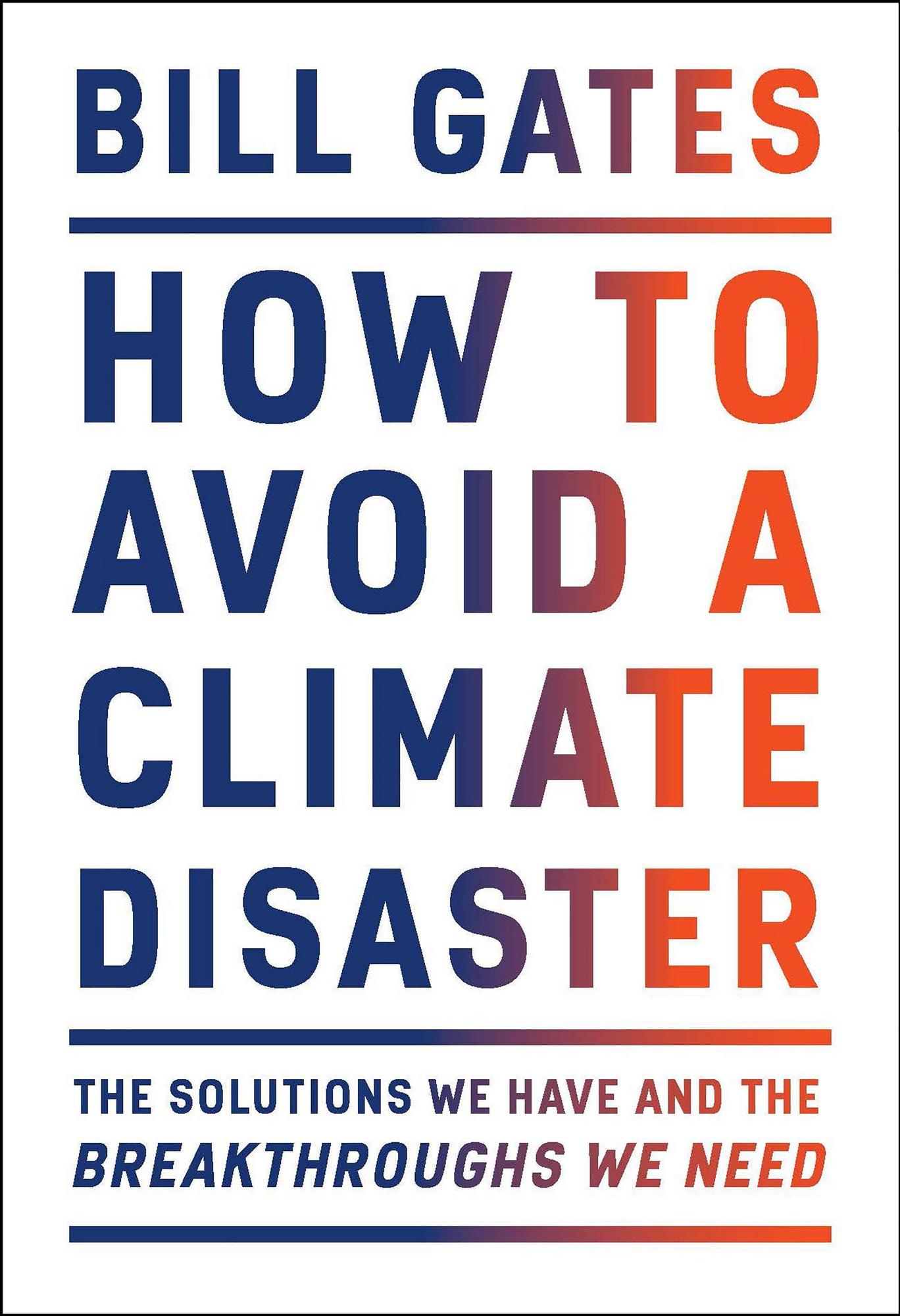
Non-fiction | How to avoid a climate disaster – Bill Gates
Is saving the world possible? We don’t need illusions or useless promises and Bill Gates, Microsoft founder and US philanthropist, knows this, giving us a sometimes-uncomfortable book.
Gates nevertheless says he is optimistic about the possibility of winning the fight against global warming, distinguishing at every point ‘what is probable from what is possible but unlikely’.
He is aware that he is in a privileged position and does not deny that he does not want to give up what he has achieved in life: from flying on private jets to eating the hamburgers he loves. But he wants to make it possible not only for him to do this without impacting the climate. Succeeding without generating emissions.
Following him is fascinating because of his extraordinary dissemination skills, his ability to simplify things, and his honest awareness of the difficulties to be overcome. The goal? To sweep away much disinformation.
Year: 2021 | 400 pages
Historical non-fiction | 21 Lessons on the 21st Century – Yuval Noah Harari
Is the man still the protagonist of his own destiny? The growth of artificial intelligence and the potential impact on his life undoubtedly confront him with the greatest difficulties he has ever faced.
Where are we going? Is exponential innovation making us irrelevant? No, it is not.
Technology is neither good nor bad according to the writer. It is up to man to decide how to use it. It is the 21st-century human being, therefore, who is the real object of Harari’s criticism. It is his unawareness that is the only real danger the essayist warns us against.
Can technology ‘save’ us? It is up to us. ‘If we switch from human drivers to driverless vehicles, we could probably save 1 million people a year. Similarly, artificial intelligence and biotechnology together could provide us with better and cheaper healthcare than in the past,’ the author explains in the interview.
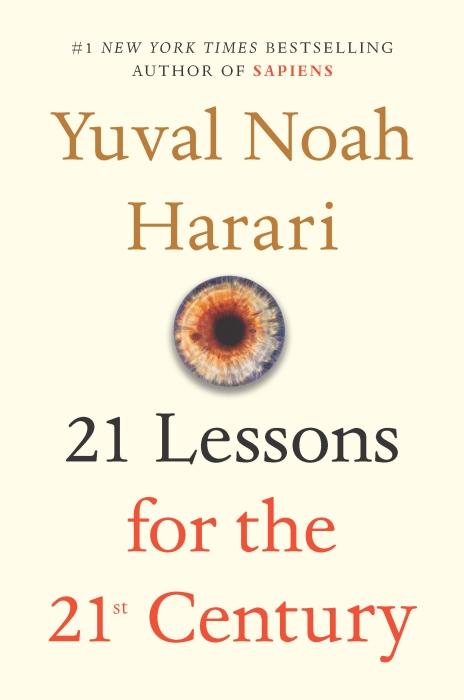
A book that becomes a resource for those seeking solutions to a humanistic crisis of loss of values, knowledge, and man’s control over his own life.
2018 | 528 pages
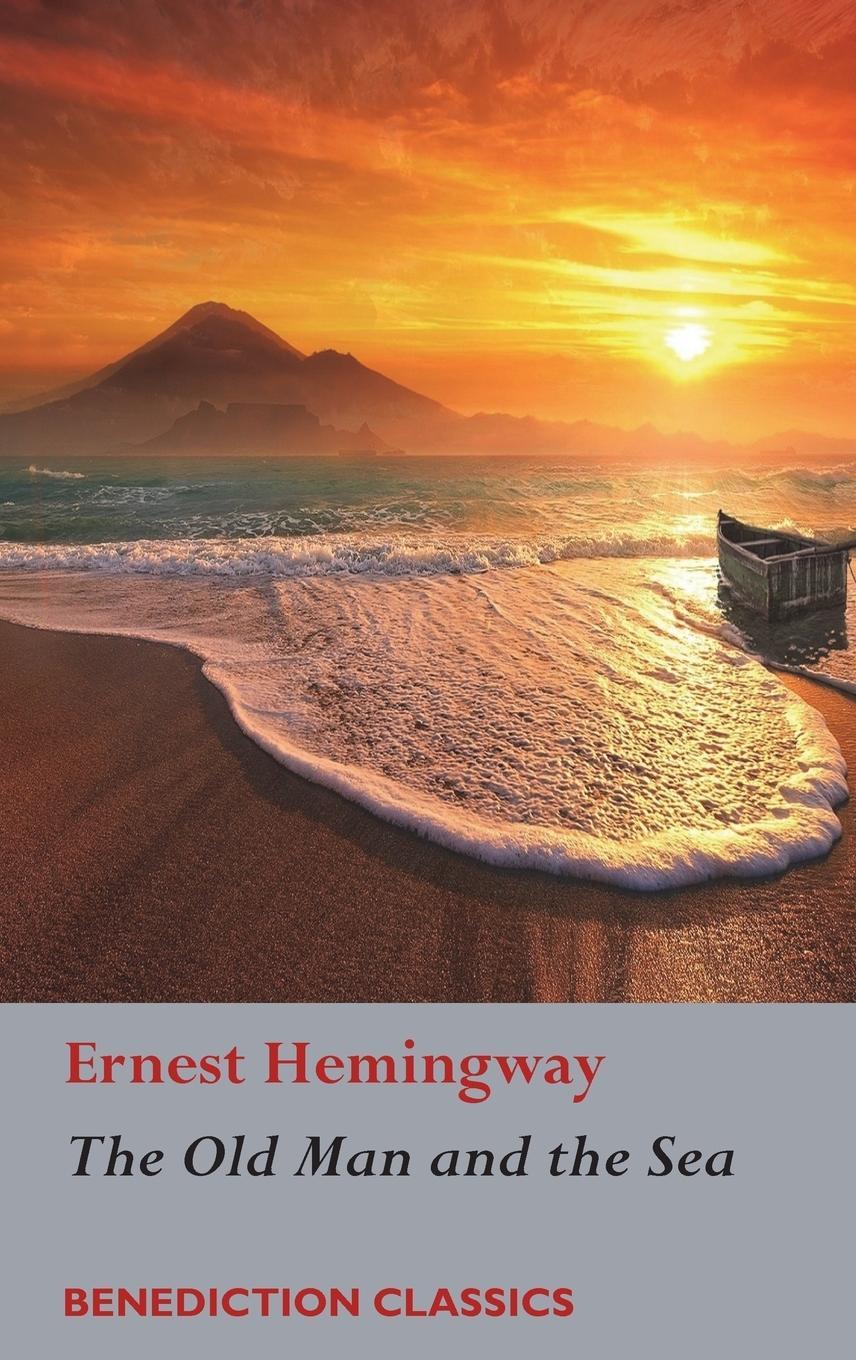
Fiction | The Old Man and the Sea – Ernest Hemingway
A fisherman against nature, is a metaphor for the life of an artist who tried to defy time with his poetry, to struggle to convey his feelings, his desire for adventure, and his unstoppable desire to go beyond things.
Santiago is an old man of the sea who has been unable to catch anything for a good eighty-four days.
The immense sea surrounds and impetuous overhangs him, yet his strength and perseverance make him ready to do anything to reach his goal, which seems increasingly utopian even to his own eyes.
Will the old fisherman succeed? A short story, but intense enough to leave something behind.
1951 | 125 pages
Poems | Twenty Love Poems and a Song of Despair – Pablo Neruda
A collection of poems that shakes the heart. A Neruda in his early twenties tells us of a nostalgic love between two young, naive lovers. An abandonment of feelings is palpable throughout the book, with a silent veil almost masking every sensation felt.
A book with an overwhelming force. A love that fills and overwhelms everything.
1924 | 92 pages
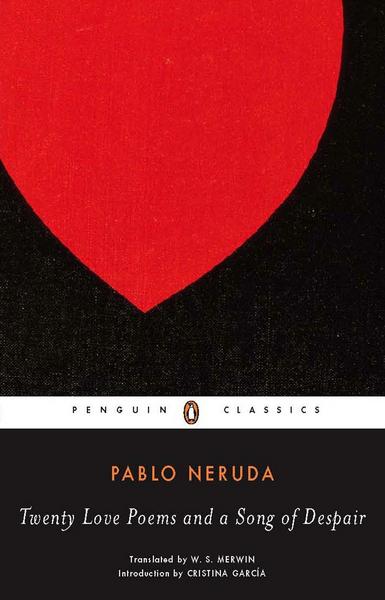
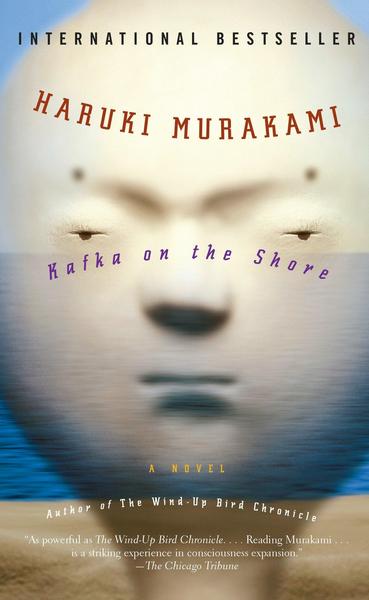
Novel | Kafka on the Shore – Haruki Murakami
A few narrative elements, dreamlike and at times surreal, are interwoven and dosed with good suspense. A plot that is initially very much anchored in reality: a fifteen-year-old boy’s escape from home who embarks on a journey in search of his own identity on a path of initiation into life, between acceptance and awareness, after having crossed the very boundary of reality, risking, with knowledge, a stay in an atemporal afterlife.
A mystical dream resonant with prophecies.
A fascinating, magnetic book in which the characters are well delineated and profound even in their simplicity.
2002 | 514 pages
Happy reading, whatever it may be, so that you, the reader, may find yourself in the book.






